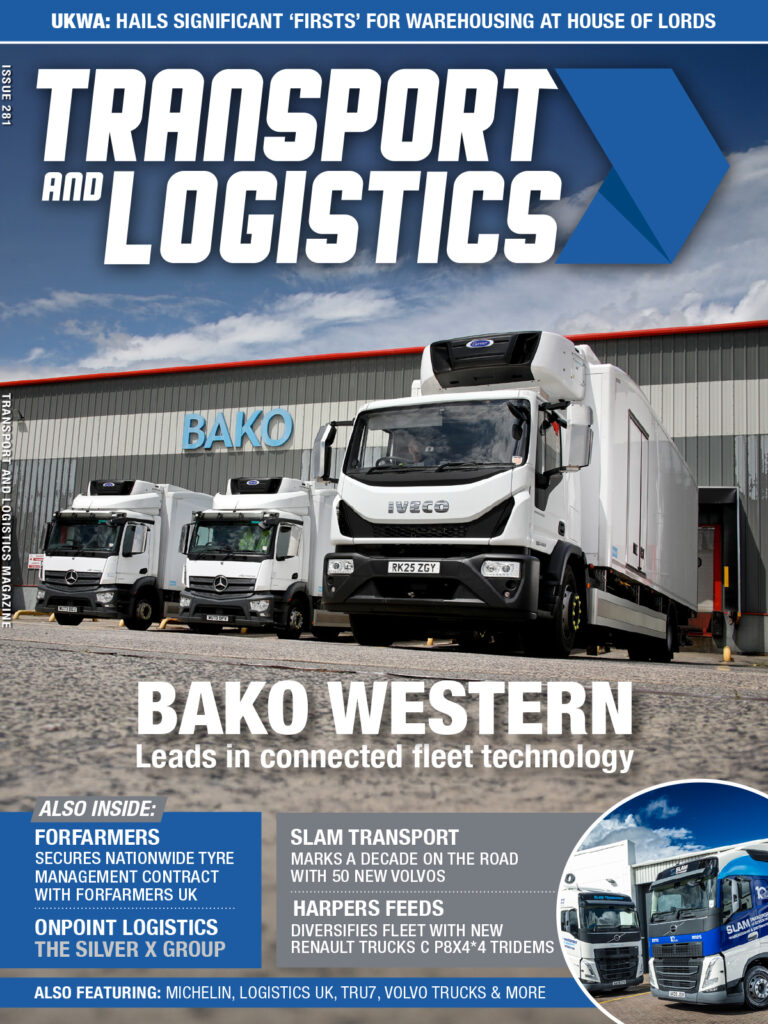Speaking at the Transport Select Committee’s inquiry into the road freight supply chain, Elizabeth de Jong, Director of Policy at business group Logistics UK, comments:
“The road freight supply chain is facing many challenges and opportunities, including the ongoing shortage of HGV drivers, a patchwork of local urban regulations, and the need to decarbonise operations efficiently. As I raised during the session today, the lack of available lorry parking facilities nationwide is a key contributor to the HGV driver shortage. Many commercial drivers are forced to take their rest periods in their vehicles at the side of the road or on industrial estates, with no access to hygiene facilities. This is preventing individuals – particularly women, who only make up 2% of HGV drivers – from remaining in or wanting to join the workforce. Logistics UK is urging the government to take immediate action to help enable improved facilities for drivers; without this, businesses will continue to struggle to recruit the workforce they need.
“Logistics UK is also pressing government to address the EU’s proposed Entry Exit System (EES), which would see the introduction of new customs checks at the borders of Dover and Folkestone. These new rules could cause delays to supply chain operations at borders, while compromising the safety of drivers, as they would be required to exit their vehicles to undertake the checks,” Elizabeth concluded at the Transport Select Committee’s inquiry.
Logistics UK is one of the UK’s leading business groups, representing logistics businesses which are vital to keeping the UK trading, and more than seven million people directly employed in the making, selling and moving of goods. With COVID-19, Brexit, new technology and other disruptive forces driving change in the way goods move across borders and through the supply chain, logistics has never been more important to UK plc.
Logistics UK supports, shapes and stands up for safe and efficient logistics, and is the only business group which represents the whole industry, with members from the road, rail, sea and air industries, as well as the buyers of freight services such as retailers and manufacturers whose businesses depend on the efficient movement of goods.












